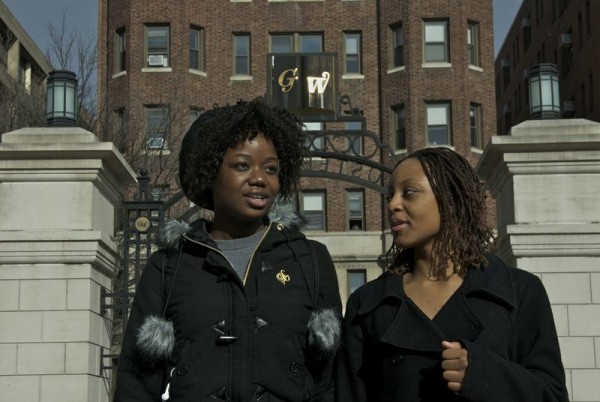In many ways, the challenges foster youth face are the same all young people face at some point in their lives:
Who am I? Why am I here?What do I want to do? How do I get there?
Youth with stable families have a solid foundation to help them answer such questions. Foster youth also have a foundation – a shaky foundation of loss, despair, confusion, fear, and loneliness.
As a community we cannot fix their broken foundation, but we can help raise them to firm ground with understanding support based on proven best practices, nonjudgmental guidance and critical resources.
We must communicate with these youth in ways that they will hear and understand, so that they can take the appropriate next steps towards a brighter future.
Life in Foster Care: the Challenges
- A bachelor’s degree is not the only answer.
- Give youth the opportunity to discover their strengths and passions and formulate obtainable goals.
- Present them with realistic options including certificate programs, degree programs and job training.
- Teach them the true relationship between education and a career.
- Getting into a program is not enough.
- Navigating the post-secondary education system to stay on track academically and financially and to benefit from available opportunities is key.
- Discipline and classroom skills produce complete coursework and timely progression towards a chosen diploma.
- Money makes the world go ‘round.
- Foster youth must learn to plan and budget.
- It is critical that they understand the realities of borrowing money (student loans and credit cards) and what it can mean to their future.
- As graduates, they need to compete on the same level as their non-foster care peers.
- They need to learn how to network
- They must present themselves professionally in an adult setting.
Life in Foster Care: the Solutions:
Since 1981, Foster Care to Success has worked with thousands of foster youth to overcome the challenges, doubts, and fears they face. One of the most important lessons we have learned over the last 30 years is that we can’t genuinely address their individual needs with a “one size fits all” approach.
The solution is support – adequate, appropriate, caring support.
- Support must start early.
- States and local communities dictate the mechanics of foster care — whether and how often children are moved from placement-to-placement and school-to-school.
- By middle or high school, however, social workers, case managers, school counselors and mentors should be working with youth to tease out their interests, talents and dreams.
- Supportive adults must understand the science of brain development and the effects of trauma.
- Adults need to reach young people on their own level, in ways that make sense to them and have meaning in their lives.
- They need to impart a sense of the importance of making good decisions — not just for now but for the future — to youth facing daily struggles.
- Supportive adults must understand the realities of college.
- Adults must understand college and course loads from the perspectives of starry-eyed, eager, but often ill-prepared adolescents.
- We must not set youth up for failure by encouraging them to take classes for which they do not have the background.
- Supportive adults must help students understand the realities of financial aid.
- Young people can amass crippling student loan debt that may be impossible to pay off, especially without a good job post-graduation.
- To avoid massive student loan debt, it is critical that foster youth understand the difference between a grant and a loan, and learn to budget.
- Support needs to be consistent and longterm.
- Foster youth don’t just need help choosing a good career path, getting into a college or training program, or making their first visit to the financial aid office.
- In order to succeed in all of these endeavors and more, they need the same consistent, long-term caring support as any other young adult.

